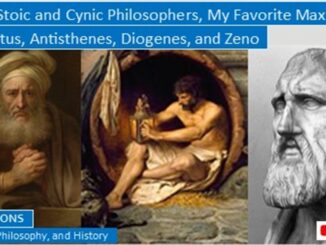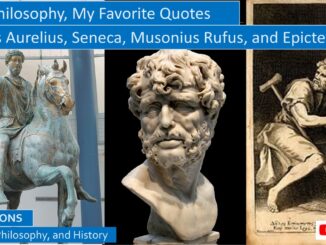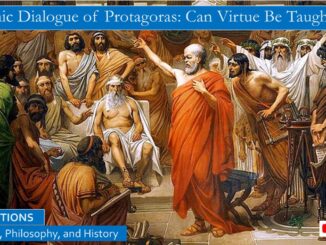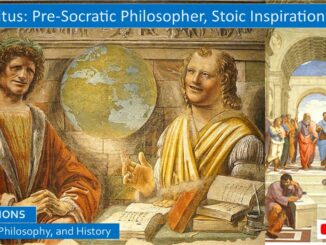
How Should We Treat our Neighbors Who Suffer From Dementia? Also, Guidance for Over-55 Condos
The challenge facing all of us is the difficulty in distinguishing between the elderly who have dementia from those who are cantankerous or troublemakers. Indeed, even the experts may not be able to tell when dementia is in its earliest stages. So be patient with cantankerous elderly neighbors, they might be suffering from early-stage dementia, evaluate whether they have enough to eat and drink. Be quick to call the police and welfare agencies to evaluate the situation, but in Florida and other states, the police need to be the first contact.
You cannot even say that since this person has a long history of being a troublemaker, then this person is not in an early stage of dementia. Dementia is not like the common cold, when today you have a cold, and yesterday you did not. Dementia often progresses slowly, which means that the personality of someone with dementia does not change as much as it evolves, and often their worse behavior will worsen. Someone who is angry will often simply become angrier. Often their actions are captive to their emotions, which means that the person with advanced dementia literally cannot be blamed for their actions. […]









